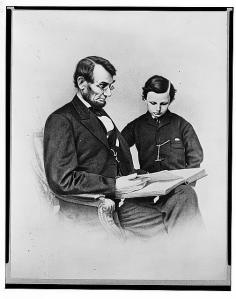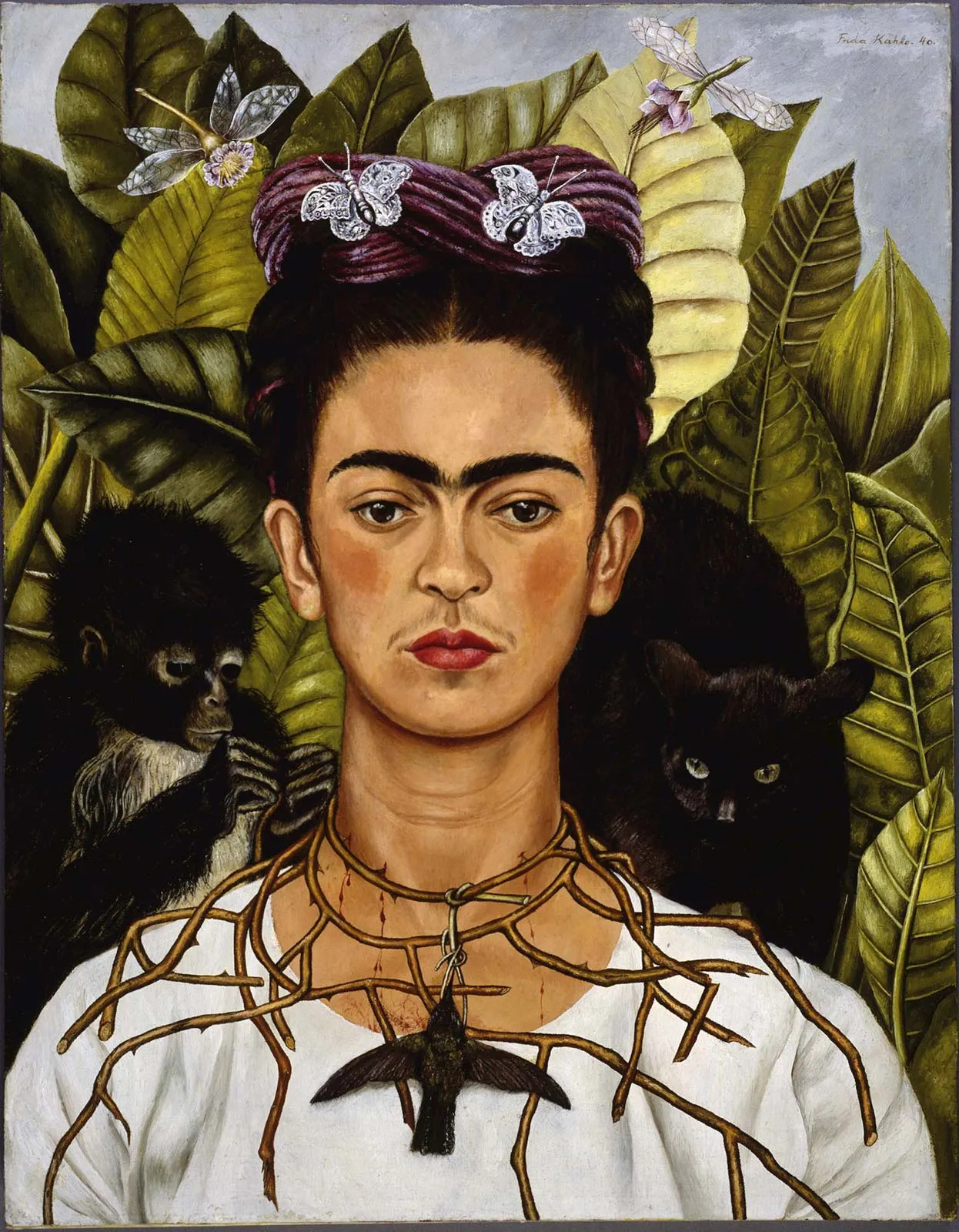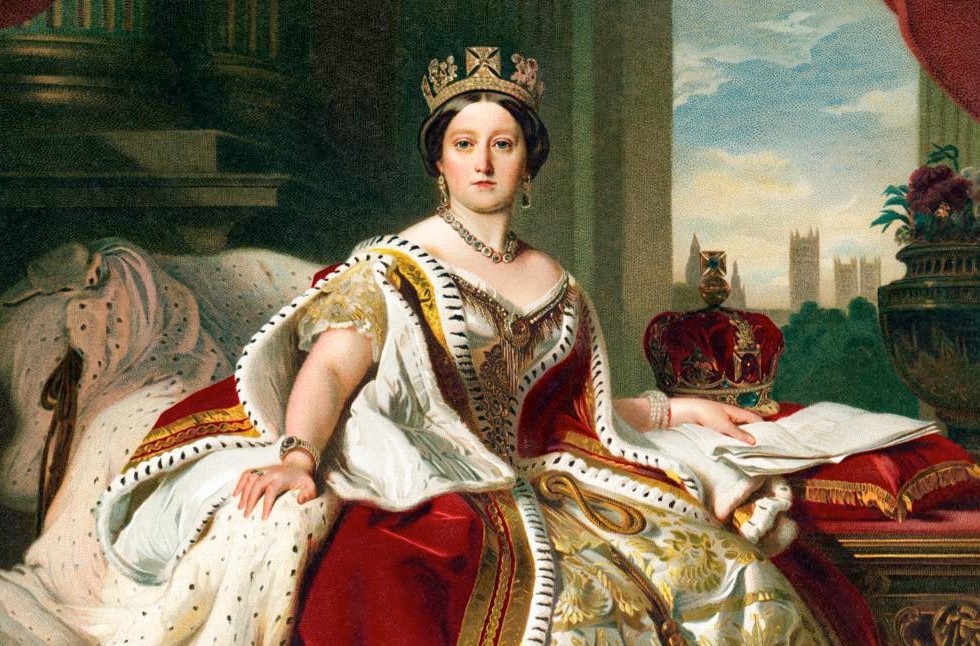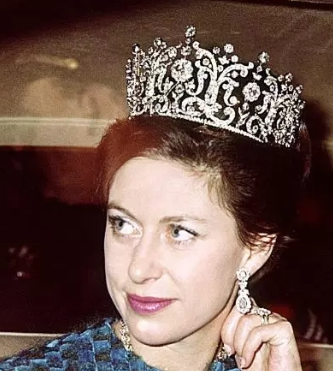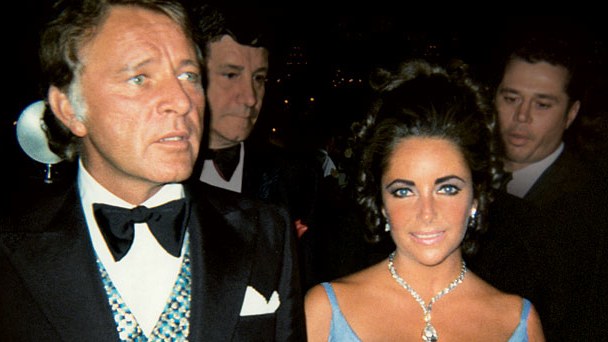
Freedmen’s Monument, Lincoln Park, Washington, D.C.; sculptor, Thomas Ball. The sculpture was funded solely from freed slaves, primarily from African-American Union veterans, to pay homage to the American president who had issued the Emancipation Proclamation, thus liberating them from bondage in the Confederate States. The statue was dedicated on April 14, 1876, 11 years after Abraham Lincoln's assassination by the Confederate rebel John Wilkes Booth. Abolitionist and former slave Frederick Douglass delivered the dedication speech.
Oration in Memory of Abraham Lincoln
Frederick Douglass delivered a speech at the unveiling of the Freedmen’s Monument in Memory of Abraham Lincoln at Lincoln Park, Washington, D.C., on April 14, 1876. This is the conclusion of what Douglass said to the crowd:
“Fellow-citizens, the fourteenth day of April, 1865, of which this is the eleventh anniversary, is now and will ever remain a memorable day in the annals of this Republic. It was on the evening of this day, while a fierce and sanguinary rebellion was in the last stages of its desolating power; while its armies were broken and scattered before the invincible armies of Grant and Sherman; while a great nation, torn and rent by war, was already beginning to raise to the skies loud anthems of joy at the dawn of peace, it was startled, amazed, and overwhelmed by the crowning crime of slavery–the assassination of Abraham Lincoln. It was a new crime, a pure act of malice. No purpose of the rebellion was to be served by it. It was the simple gratification of a hell-black spirit of revenge. But it has done good after all. It has filled the country with a deeper abhorrence of slavery and a deeper love for the great liberator.
Had Abraham Lincoln died from any of the numerous ills to which flesh is heir; had he reached that good old age of which his vigorous constitution and his temperate habits gave promise; had he been permitted to see the end of his great work; had the solemn curtain of death come down but gradually–we should still have been smitten with a heavy grief, and treasured his name lovingly. But dying as he did die, by the red hand of violence, killed, assassinated, taken off without warning, not because of personal hate–for no man who knew Abraham Lincoln could hate him–but because of his fidelity to union and liberty, he is doubly dear to us, and his memory will be precious forever.”

Abolitionist and former slave Frederick Douglass, daguerrotype, 1855. Douglass recruited black men to serve in the Union Army during the Civil War.
Readers, I’ve posted many articles on Abe Lincoln. Scroll down the right sidebar to Categories/People/Abraham Lincoln for more! Enjoy.
Also on this blog: “Frederick Douglass, An American Slave.”
